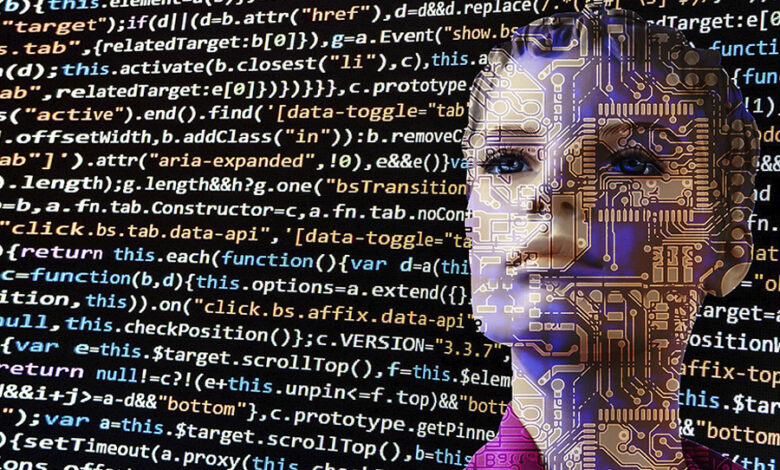
In the 1950s, Artificial Intelligence (AI) was a new invention. So why are we getting excited about it now if it’s that old? Why are we lamenting about it taking over the world, and what should we know to be confident using it for our benefit?
Alan Turing, who cracked the German Enigma code, called it computer machinery and intelligence. John McCarthy, an American mathematician and pioneer in interactive computing, created the term “artificial intelligence” (AI). McCarthy didn’t like the word “artificial” intelligence; he preferred just plain “computer intelligence.” But then McCarthy never met Stephen Spielberg, who permanently instilled a futuristic view of AI through his film of the same name.
Today, AI is possible because of two trends that have overtaken us in the last 20 years: the rise of big data — lots and lots of data, and the leap in computing power.
AI is with you daily in ways you may or may not suspect. As it grows in use, we may face some of the challenges that science fiction has long predicted. Then again, we have human intelligence, which may be superior despite recent developments.
To understand AI, you don’t have to be a mathematician or computer scientist. But you do have to be curious about what AI produces.
Here’s a sample of what AI can create:
- Weather predictions. IBM purchased the Weather Channel app in 2016 and applied IBM Watson technology to forecasts.
- Stock market increases and decreases. Although the stock market is volatile, AI can consider all the data from politics to global economic factors to help predict a company’s performance in the stock market.
- Customer support personnel to answer your questions about products and services. Some form of intelligent algorithm almost always answers customer support today. It directs the call to the appropriate “person” to help, and often that person is an AI entity who can respond in human-like ways to your requests.
- Lists of possible candidates to fill a specific job. AI is used to help personnel managers sort through resumes and select those who fit the company profile. That’s only the first phase. Often the interviews themselves are video recorded and analyzed by AI applications.
- Insurance quotes “just for you.” More and more insurance companies are learning to use AI to design insurance coverage that considers your driving record. Some companies are installing devices in your car to track your speed and driving habits; this information sets the rates.
Recently, OpenAI, a non-profit research and deployment company whose mission is to ensure that AI benefits all of humanity, released a tool called ChatGPT that produces well-written text that appears at first glance to be well-researched. It is so much fun to play with until you realize that it often makes up things to fill in the gaps in its understanding.
We need to know more about AI as we encounter a world where AI manages everything from our finances to our health and entertainment.
We also need to get used to AI managing robots that serve us. Today, AI-guided robots support nurses or doctors with patient care, manufacture items at record speed with perfect quality, and never tire of opening doors, running assembly lines, or taking phone calls.
Learning to live in this new world of technology requires understanding what we have within our reach.






